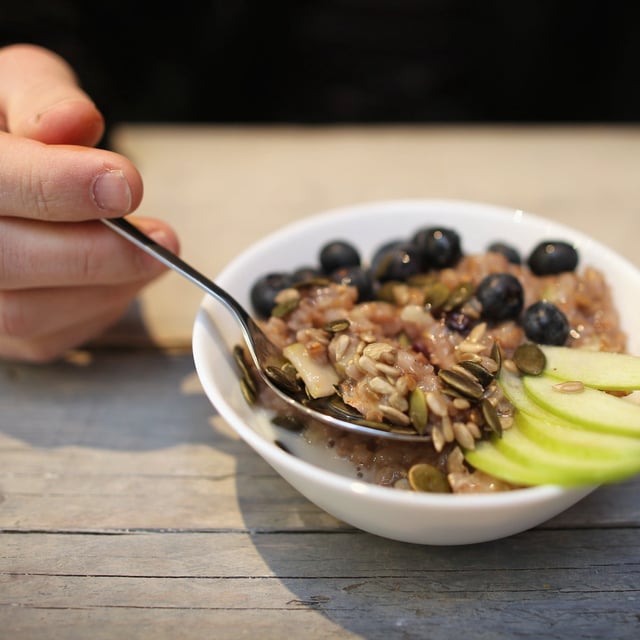Overview
- A four-week randomized trial of 72 men at Boston University assigned 42 participants to a one-gram oat beta-glucan supplement before meals and 30 to a rice-based placebo.
- Men taking the oat fiber saw an average 8% drop in blood levels of PFOA and PFOS, two of the most hazardous PFAS compounds.
- Researchers report that beta-glucan binds to bile acids in the gut—where PFAS hitch a ride—reducing reabsorption and boosting excretion via stool.
- Investigators caution that PFAS can persist in the body for two to seven years and that longer studies are needed to evaluate lasting reductions and ideal fiber intake.
- With 90% of Americans below recommended fiber levels, diet-based interventions offer a practical strategy to help lower ‘forever chemical’ burdens.


